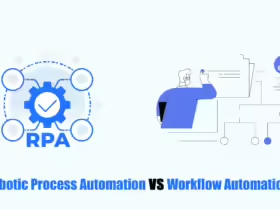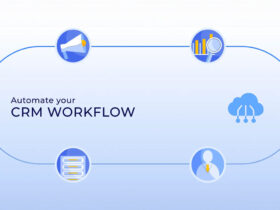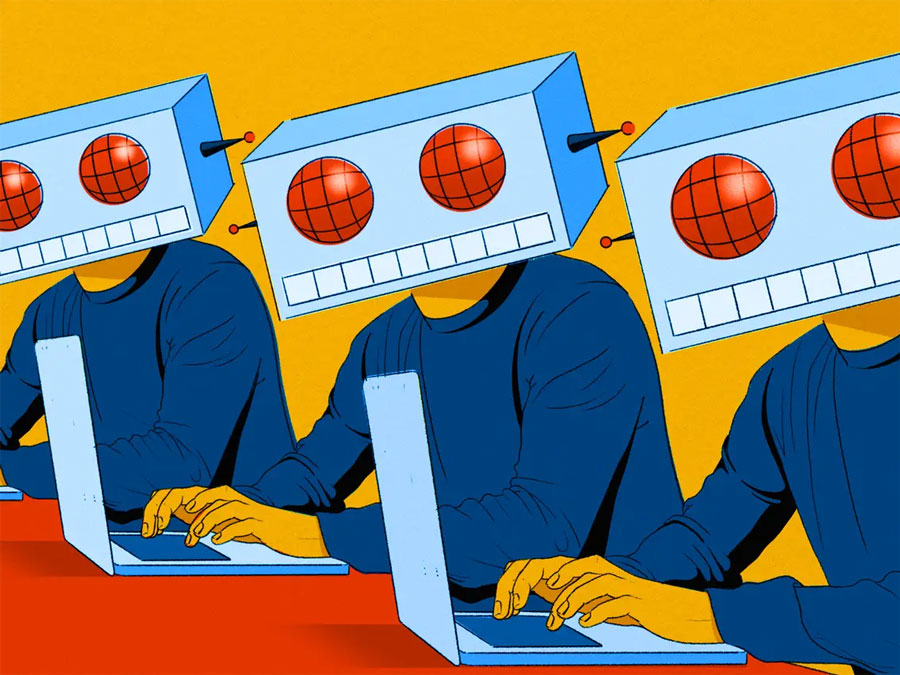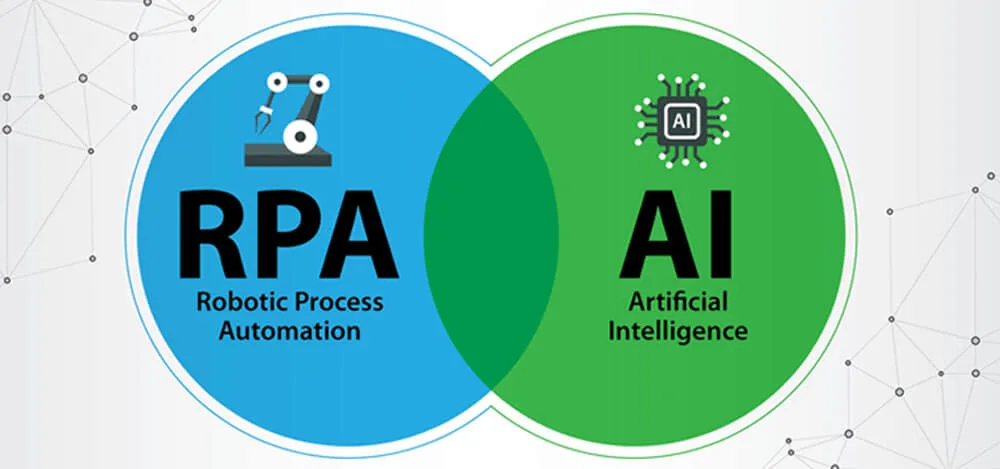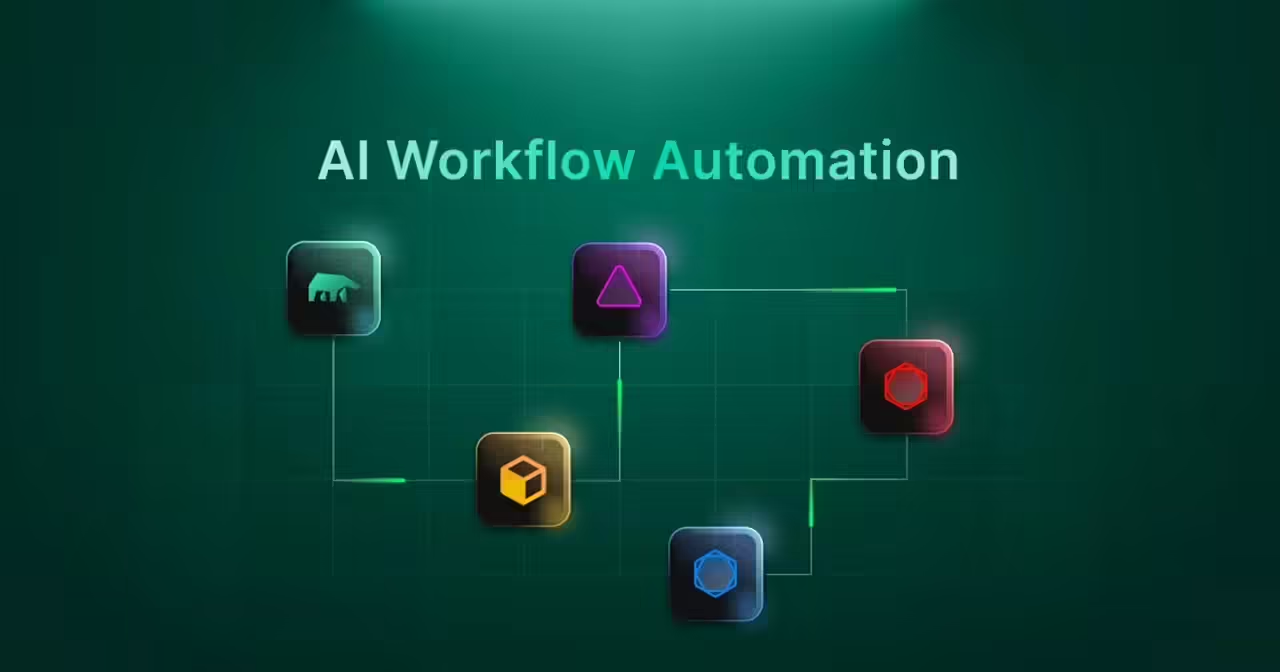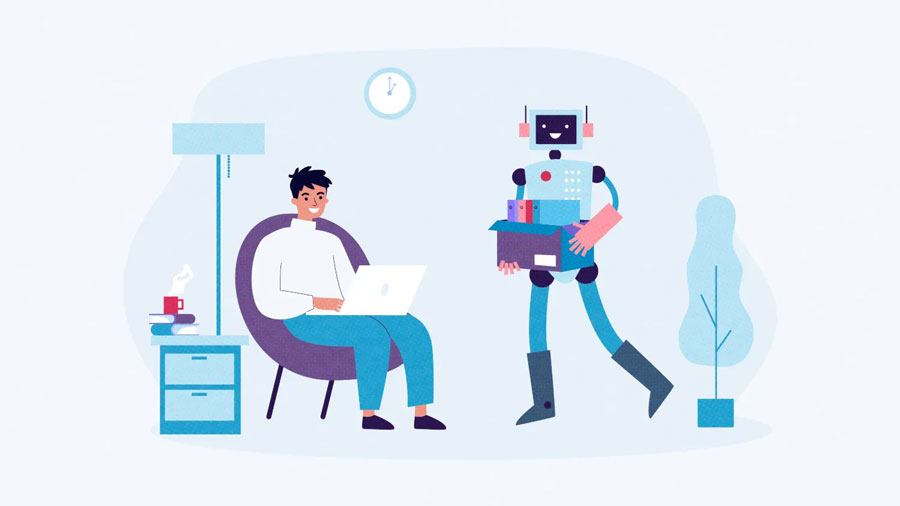In an increasingly automated world, the future of work is a topic of concern for many. Will automation take away all our jobs? This article explores the advancements in artificial intelligence and robotics, their potential implications on different industries, and the changing nature of jobs.
It also highlights the importance of human skills in complementing automation and offers strategies for individuals to future-proof their careers in an automated job market.
Recent Advancements in Artificial Intelligence and Robotics
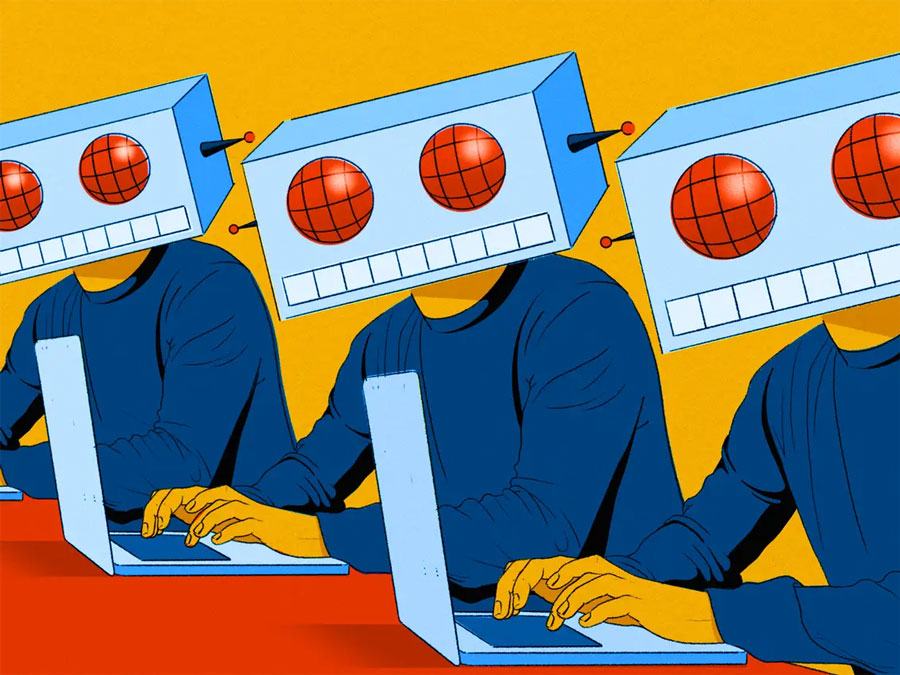
Artificial intelligence (AI) and robotics have made significant strides in recent years, revolutionizing the way we live and work. AI refers to machines that can perform tasks that would typically require human intelligence, while robotics involves the design and construction of machines that can interact with their environment. These advancements have had a profound impact on various industries, from manufacturing to healthcare and beyond.
Understanding the Rise of Artificial Intelligence and Robotics
Artificial intelligence and robotics technologies have evolved rapidly, thanks to advancements in computing power, data analysis, and machine learning algorithms. AI systems can now process vast amounts of data, learn from patterns, and make informed decisions or predictions.
Robotics, on the other hand, has progressed from simple automated machines to sophisticated robots capable of complex movements and interactions. These technologies are transforming industries by automating repetitive tasks, improving efficiency, and enabling new possibilities.
Industries Most Likely to be Affected by Automation Taking Away Jobs
While automation brings numerous benefits, there are concerns about its potential to replace human workers. Some industries are more vulnerable to job loss due to automation than others. Identifying these industries and understanding the specific roles at risk can help individuals better prepare for the changing job market.

Identifying Industries at Risk
Industries that rely heavily on routine tasks and predictable patterns are most susceptible to automation. For example, manufacturing is an industry that has experienced significant automation over the years. Assembly lines and robotic arms have replaced many manual labor jobs, leading to increased productivity but also reduced employment opportunities for certain roles.
Other industries that may face automation-driven job loss include transportation, customer service, and data entry. Autonomous vehicles threaten truck driving jobs, while chatbots and automated customer support systems can handle routine inquiries without human intervention. Data entry roles are also at risk as AI systems become more proficient at data processing and analysis.
The Changing Nature of Jobs and the Need for Adaptable Skills
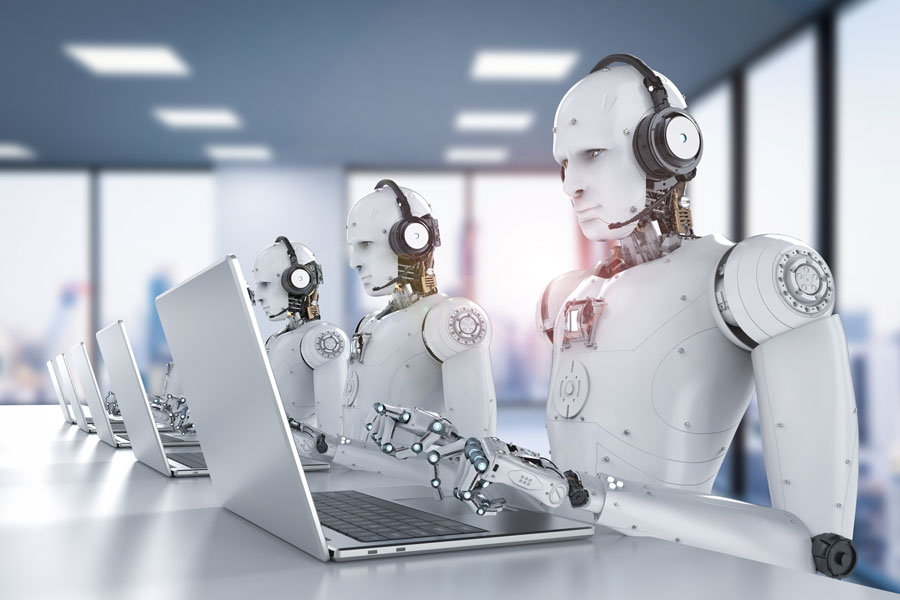
The rise of automation is reshaping the nature of jobs, requiring individuals to adapt and acquire new skills to remain relevant in the workforce. Job requirements are evolving as automation takes over certain tasks, creating a demand for hybrid job roles that combine technical expertise with critical thinking and creativity.
Shifts in Job Requirements
Automation is eliminating repetitive and mundane tasks, allowing humans to focus on higher-level responsibilities. As a result, job roles are becoming more complex, requiring a combination of technical skills and human capabilities. For example, a software engineer today not only needs coding proficiency but also problem-solving skills and the ability to collaborate effectively with other team members.
Hybrid job roles are emerging across industries, where individuals are expected to possess a diverse set of skills. These roles often involve working alongside AI systems or robots to maximize efficiency and productivity. Individuals who can adapt and develop a mix of technical and human skills will have a competitive edge in the automated job market.
Importance of Human Skills, such as Creativity, Problem-Solving, and Emotional Intelligence
While automation can handle repetitive tasks with speed and accuracy, there are certain skills that remain uniquely human. These skills are difficult to automate and play a crucial role in complementing automation to achieve optimal outcomes.
The Value of Human Skills
Creativity is one of the essential human skills that cannot be easily replicated by machines. The ability to think outside the box, generate innovative ideas, and solve complex problems creatively is highly valued in many industries. Jobs that require creative thinking, such as marketing, design, and content creation, are less likely to be fully automated.
Problem-solving is another human skill that goes beyond following predefined algorithms. Humans possess the ability to analyze complex situations, consider multiple perspectives, and develop unique solutions. This skill is particularly valuable in industries such as management consulting, healthcare, and research.
Emotional intelligence, including empathy and interpersonal skills, is also difficult to replicate in machines. Jobs that involve human interaction and emotional support, like counseling or customer service, rely heavily on these skills. Understanding human emotions and being able to connect with others is vital for building trust and maintaining strong relationships.
Strategies for Individuals to Future-Proof Their Careers in an Automated Job Market
As automation continues to advance, individuals must take proactive steps to future-proof their careers. Acquiring in-demand skills and embracing lifelong learning are essential strategies for staying ahead in an automated job market.
Developing In-Demand Skills
Identifying skills that will be in high demand in the future is crucial for career success. Technical skills such as programming, data analysis, and artificial intelligence expertise are becoming increasingly valuable across industries. Individuals who can leverage these skills alongside their domain expertise will be well-positioned for emerging job opportunities.
Additionally, soft skills such as communication, leadership, and adaptability are highly sought after in an automated job market. These skills enable individuals to collaborate effectively with AI systems, manage teams, and navigate rapidly changing work environments. Developing a diverse skill set that encompasses both technical and human capabilities is key to remaining competitive.
Tips for Acquiring and Honing These Skills
Continuous learning is essential for acquiring and honing in-demand skills. Online courses, certifications, and workshops provide opportunities to upskill or reskill in specific areas. Many educational platforms offer flexible learning options that allow individuals to balance work and learning commitments.
Networking and mentorship can also play a crucial role in career development. Engaging with professionals in the desired field can provide valuable insights, guidance, and potential job opportunities. Mentors can offer advice based on their experience and help individuals navigate the complexities of the job market.
Importance of Building a Diverse Skill Set to Remain Competitive
In an automated job market, having a diverse skill set is essential for remaining competitive. As technology continues to evolve, certain skills may become obsolete while new ones emerge. By continuously learning and adapting to changing demands, individuals can position themselves as valuable assets to employers.
Building a diverse skill set also allows individuals to explore different career paths and adapt to changing circumstances. With the ability to perform a variety of tasks, individuals can pivot their careers when necessary, ensuring long-term employability.
Will Automation Take Away All Our Jobs
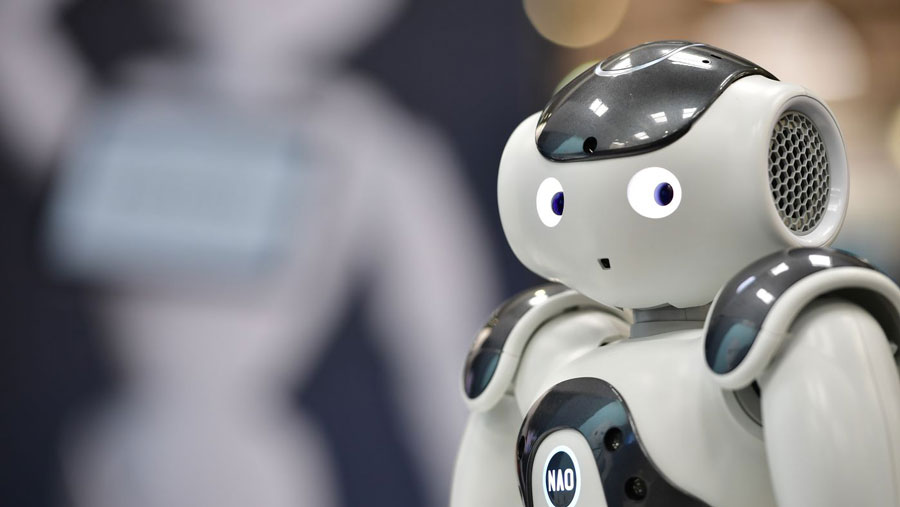
As automation continues to advance, concerns about job loss are valid, but it is unlikely that automation will take away all our jobs. While certain industries may be significantly impacted, new job roles and opportunities will also emerge.
The key is to adapt and develop the human skills that are difficult to automate, such as creativity, problem-solving, and emotional intelligence. By continually learning and staying adaptable, individuals can future-proof their careers in an automated job market.
So, rather than fearing automation, let us embrace it as a tool that can augment and enhance our work. Will automation take away all our jobs? The answer lies in our ability to adapt and leverage the unique qualities that make us human.



